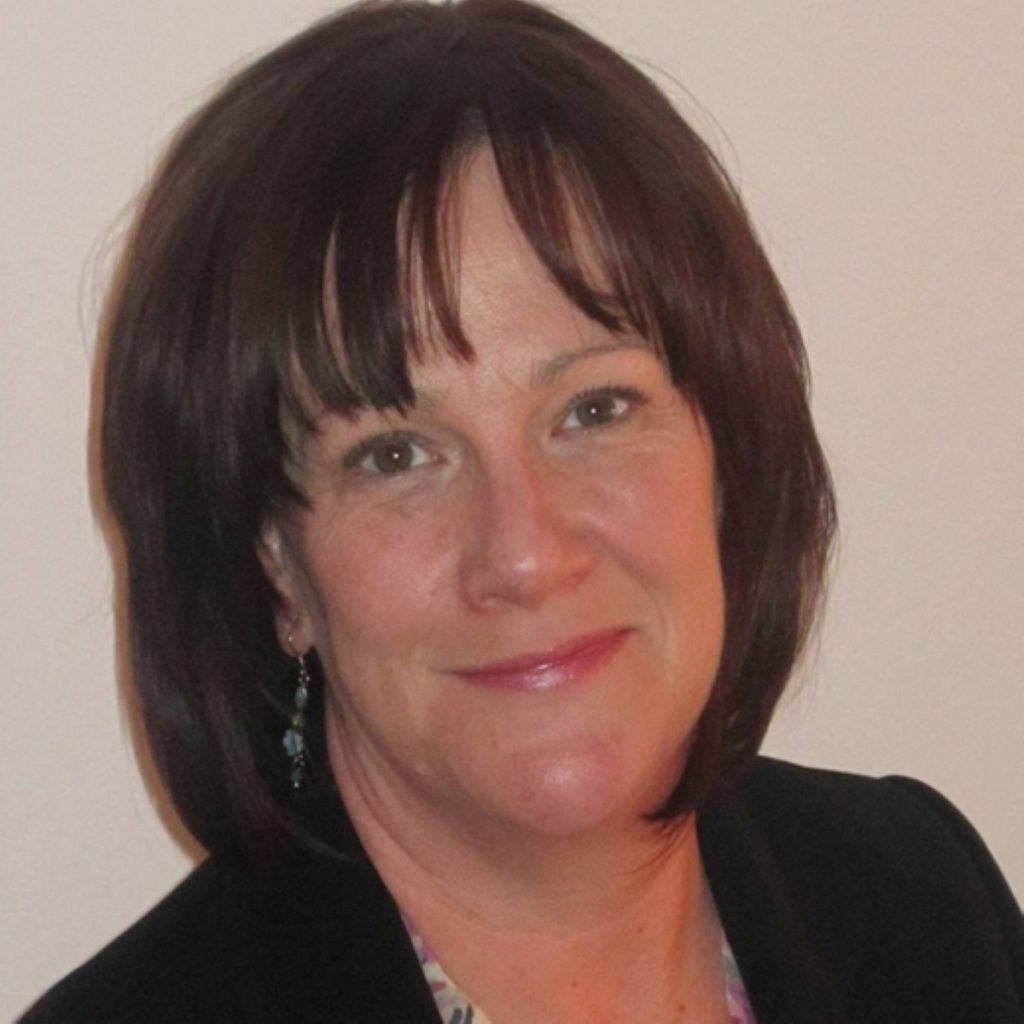Comment: Energy price rises will hit poorest
The prime minister might evade my questions, but we need answers for poor people.
By Fiona O'Donnell MP
I wanted to raise an issue that was of real concern to people in my constituency as they will see their fuel bills rise excessively in the months ahead.
After the harsh winter last year, that will be a worry for some of the most vulnerable people in society and those on fixed incomes. It is all very well for the prime minister to repeat the list he gave in response to two earlier questions on the same issue – the warm home discount and the warm front scheme and special tariffs – but the reason I gave him a third opportunity to answer the question is because he missed the point. The impact and the worry are immediate for the people I was talking about. The bills are landing now and people are struggling to pay their bills now.
The previous week the prime minister had again missed the point when Russell Brown referred to the impact of poverty on children across the UK. Initially the PM thought he was talking about the experience of children living in developing countries. He clearly hadn't seen the BBC documentary, Poor Kids, in which a child living in a cold and damp house described icicles hanging from her bedroom ceiling. The fact is many families living in poverty or on the breadline are living in poor housing that makes it even harder to keep warm.
I watched Poor Kids and saw a single dad as he tried to give his son a memorable birthday. It was one of the few light moments in the documentary as the family gathered to blow out the candles on his birthday cake. The light moment ended as the the lights went out. For a family like that the only way they feel they can manage their energy costs, at times under pressure from the energy supplier, is to have a pay-as-you-go meter. This means that they are paying higher costs for their energy. What the government fails to understand about the impact of poverty is that when you live day to day on a low income, you can't take advantage of the price comparison deals. There are always competing demands on the money you have in your pocket and the thought of coping with monthly or quarterly bills doesn't seem like an option for you.
I have a family in my constituency who recently moved to Scotland and with the help of the local councillor. They now have the security of knowing that the rent will be paid every month and the support so that they can care for their son who has a rare medical condition. But the thing that is trapping this family in a downward spiral of debt and poverty is the cost of their energy bills. The house is difficult to heat. Their son has nightmares so they need to leave the lights on through the night, and they have more bedding and clothes to wash and dry every day. Living in an older private let, they aren't able to choose to use more energy efficient appliances.
They have had all the advice that is out there on making their home fuel efficient but that doesn't address the immediate issue for them of increases in their energy bills.
We have to be very careful about the way we frame this debate. I see parallels with the public health debates. Telling people what constitutes a healthy diet when they can't afford to buy wholemeal bread and fresh fruit and vegetables doesn't tackle the problem of poor health. Giving people advice about energy efficiency when they are stuck with a meter that gives them and their family the most expensive supply doesn't tackle fuel poverty. When an energy efficient light bulb costs up to three times more than the cheapest option, you can't factor in the long term saving because the other two thirds of the money in your purse are needed today for other necessities.
Of course, schemes to make homes more energy efficient and smart meters are welcome and will make a difference. The estimated cost of rolling out the smart meters is around £11 billion and we still don't know who will pay for them. It mustn't be the fuel poor. But these measures won't address the soaring cost of energy bills in the short term for the poorest and most vulnerable in our society.
As Scottish Power announced 19% increases in their gas prices and 10% in their electricity prices Ofgem has announced that it will undertake "a radical overhaul of the gas and electricity markets". They also took the opportunity to reaffirm their commitment to investigate potentially misleading marketing by Scottish Power at the time of the increase. At the same time they will examine the differences between different tariffs that the company offers and if these are fair.
Regulation has an important role to play in tackling fuel poverty and I hope that this will send a clear message to the energy companies that they are accountable for their sales and marketing and their pricing strategies.
The answers to tackling fuel poverty and for my constituents have to come from government. In opposition David Cameron promised to take tough action on excessive energy price rises. It is time for him to keep that promise.
Fiona O'Donnell has been the Labour party MP for East Lothian since 2010.
The opinions in politics.co.uk's Comment and Analysis section are those of the author and are no reflection of the views of the website or its owners.





-01.png)